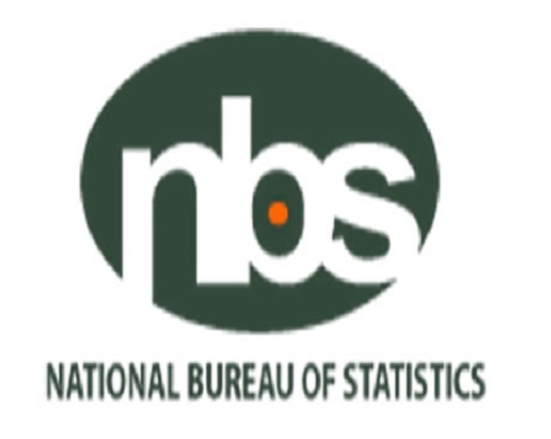By Kayode Sanni-Arewa
This is fastest growth rate in three years, says Edun
Yusuf: economy on track
Uwaleke: real sector still slow
Experts last night expressed optimism about the economy with the 3.84 per cent year-on-year Gross Domestic Product (GDP) growth.
The government also renewed its commitment to faithfully implementing its economic policies which it credited for this development.
Tuesday, the National Bureau of Statistics (NBS) released the 2024 fourth quarter GDP outcome – 3.84 per cent, compared to the 3.46 per cent of Q4 2023.
Services and petrol refining sectors were the key drivers of the growth, according to the report.
Statistician-General of the Federation, Prince Adeyemi Adeniran, said the growth was 0.38 per cent points higher than the 3.46 per cent of Q4 2023.
Adeniran said: “The Gross Domestic Product (GDP) growth rate in real terms (Constant price) grew by 3.84 per cent in the fourth quarter (Q4) of 2024 on a year-on-year basis, which is 0.38 per cent points higher than the rate recorded in Q4 2023 (3.46 per cent
“The annual contributions of the economic sector showed that agriculture contributed 24.64 per cent in 2024, which is lower compared to its contributions which stood at 25.18 per cent in 2023.
“Similarly, the industry sector’s annual contribution was 18.47 per cent, which is also lower than the figure recorded for 2023 (18.65%).
“However, the services sector contributions for 2024 were 56.89 per cent, which exceeded the 56.18 per cent recorded for 2023.
The oil GDP grew by 1.48 per cent in Q4 2024, which showed a decline compared to 12.11 per cent recorded in Q4 2023, and the previous quarter of Q3 2024 which stood at 5.17 per cent.
“The oil sector accounted for 4.60 per cent during the quarter under review.
“The annual oil GDP for 2024 grew by 5.54 per cent, which is 7.75 per cent higher than the annual GDP recorded for 2023 (-2.22 per cent). while the annual contribution of oil stood at 5.51 per cent in 2024 higher than its contribution in Q4 2023 (5.40 per cent)
The fourth quarter of 2024 recorded an average daily oil production of 1.54 million barrels per day (mbpd), lower than the daily average production of 1.56 mbpd recorded in the same quarter of 2023 by 0.03 mbpd.
“On the contrary, the fourth quarter of 2024 production volume was higher than the third quarter of 2024 (1.47 mbpd) by 0.06 mbpd.
“The non-oil sector contributes 95.40 per cent to the GDP in Q4 of 2024 in real terms.
“This shows an increase on a year-on-year basis when compared to the same period of Q4 2023 which recorded 95.30 per cent.
“Similarly, the quarter under review exceeds the 94.43 per cent recorded in Q3 2024.
“The economic performance of the non-oil sector in Q4 2024 is attributed to the growth recorded in some economic activities, including rail transport & pipelines, metal ores, financial institutions, road transport, quarrying and other minerals, and insurance,
“On an annual basis, the non-oil grew by 3.27 per cent in 2024, which is higher than the rate recorded in 2023 which stood at 3.04 per cent, while in terms of aggregate contributions, the non-oil contributed 94.49 per cent in 2024, which is lower than the 94.60 per cent reported in 2023.”
Minister of Finance and Coordinating Minister of the Economy, Mr. Wale Edun, expressed his satisfaction with the report, which indicates that the economy has achieved its fastest growth rate in three years.
In a statement for the ministry, Edun lauded the positive indicators, which he attributed to the effectiveness of President Bola Tinubu’s Renewed Hope Agenda and the resilience of the Nigerian economy.
We are pleased to see the continued growth momentum, both from a quarterly and annual standpoint.
“The expansion of the services sector and our ongoing efforts to strengthen food security through agricultural investments are yielding positive results,” the minister stated.
He assured of the government’s commitment to ensuring that economic growth translates into tangible improvements in the living standards of all Nigerians.
In pursuit of this goal, the Federal Government is actively implementing various initiatives, including the direct benefit transfer scheme aimed at providing immediate economic relief and support to the vulnerable.

